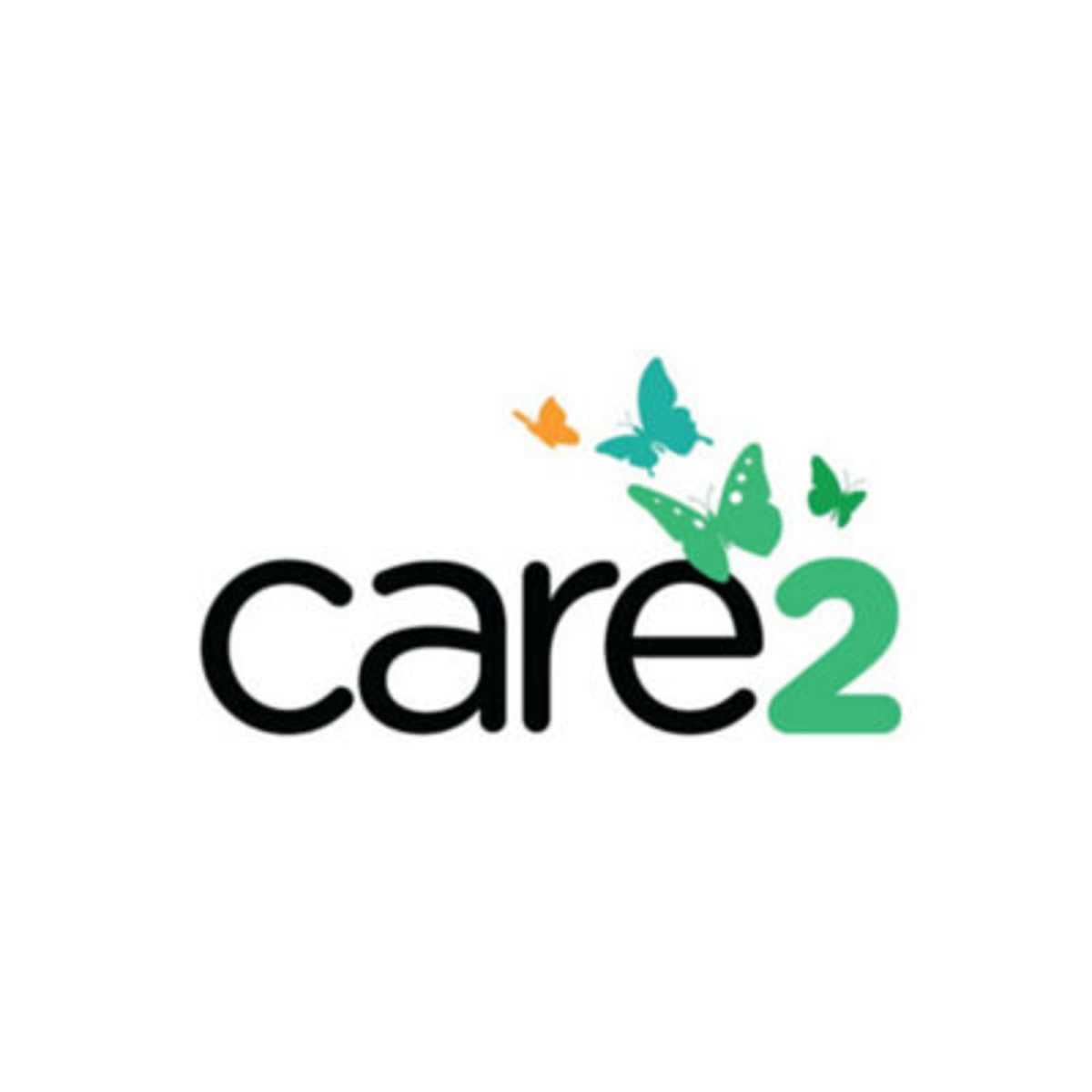How you can help end LGBT discrimination
2015 was a big year for the LGBT movement. After a decades-long fight, the Supreme Court struck down the Defense of Marriage Act, making same-sex marriage legal in all 50 American states.
While marriage was perhaps the most visible issue nationally, it is not the only issue facing the LGBT community – from employment discrimination, to homelessness, to the right to use the bathroom that matches your identity – the fight for true equality still has many battles ahead.
Like winning marriage equality, it will take everyone to make culture and country more inclusive and tolerant. But for many folks, particularly cis-hetero folks, it can be hard to figure out what to do, where to start and how to be involved in a movement that isn’t directly about you. The good thing is there are a lot of things that can be done to help equality move forward, beginning with the mini battles and micro-aggressions close to home.
Don’t let slurs slide
Language matters – it’s through language that we define ourselves and explain the world around us. It’s also how we define and put down others, not just through name-calling and threats, but by appropriating a word many use to describe identity and contorting it into a derogatory insult. In seven years, the Special Olympics’ Spread the Word to End the Word campaign has garnered more than 500,000 pledges from people to stop saying “retarded” as an insult to people with intellectual and developmental disabilities. Their persistence has led to a cultural change – some TV networks now bleep the word just like other curse words.
Many folks still call LGBT people “fags” or describe something they find stupid or distasteful as “gay.” Lots of these people probably don’t consider themselves homophobic, but every time friends, family and neighbors stay silent, it empowers those who are and diminishes and harms LGBT people. Even gentle reminders that “gay” isn’t an insult or that saying “fag” is unacceptable help make inclusion and thoughtfulness the default rather than derision and hate. The courage you need to stand up to a bigot is nothing compared to the courage required of LGBT people to live among them.
Create and protect safe spaces
LGBT people still face very real dangers for openly displaying their sexual orientation or even coming out in the first place. While overall violence against the gay community was down according to data released in 2015,
murders were up and violence against transgender people rose an alarming 13 per cent. It’s particularly hard for LGBT youth, 40 per cent of whom say they don’t live in a community that accepts them.
This can be helped by creating safe spaces for the LGBT people to be themselves. This can mean creating physical spaces or making an inclusive environment in everyday places. Organisations including the Human Rights Campaign and GLSEN have guides about how to create safe zones for students and youth at school. Simply being visible and vocal in support of LGBT people’s safety can go a long way.
Raise up the voices of your LGBT neighbors
As important as it is for allies to show support for LGBT rights, sometimes their over-enthusiastic support can drown out and diminish the people they’re ostensibly fighting for. Ending discrimination requires elevating oppressed people and providing a platform for folks whose voices and options are marginalised. It’s important that LGBT people tell their stories, share their thoughts and set the agenda.
Advocate for legal changes
Changing culture isn’t enough. Despite the fact that three years ago 88 per cent of people (and 86 per cent of Republicans!) supported the view that your sexual orientation shouldn’t impede your right to earn a living, just 28 states have explicit non-discrimination policies in place. Six in ten people nationally believe transgender people should be able to use the bathroom that corresponds with their identity, but that didn't stop North Carolina from passing a controversial law that both criminalizes that and explicitly excludes sexual orientation from the state’s nondiscrimination law. Despite in-state polling that shows a majority of North Carolinians want non-discrimination protections based on sexual orientation and more than 100 corporations voicing their opposition to the law, Governor Pat McCrory has stuck to his guns.
There are many ways to show your support of LGBT people. Sign the petition opposing North Carolina’s HB2 or Mississippi’s HB 1523, ask Florida to protect LGBT youth, ensure the LGBT community in Tennessee can access mental health services or you could start your own to address an issue in your community.
Ending discrimination won’t happen overnight, but if we all take small steps every day to raise LGBT equality and beat back hate, vitriol and prejudice, we can build on the wins of 2015 and move closer to true inclusiveness and tolerance.
Sarah Rose is the Social Media Associate and LGBTQ Issues Advocate at
- This is a guest blog and may not represent the views of Virgin.com. Please see virgin.com/terms for more details.

